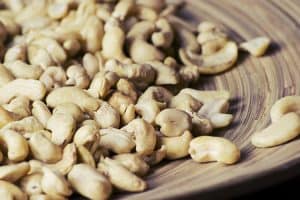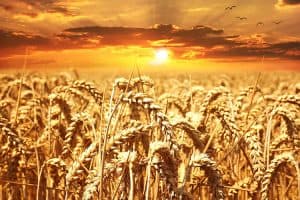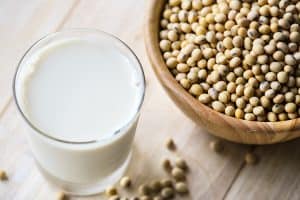What are lectins?
Lectins are proteins. They are mostly found in plants, but can also be of animal origin. They act as so-called defences against predators and thus help plants to survive, as animals that consume them in excessive quantities cannot tolerate them. Consumption can even lead to death. Animals therefore avoid certain plants through learned behaviour. Lectins could also be described as a kind of "natural pesticide". Most lectins are harmless to humans, but some are toxic. Lectins are heat-labile, which means that they are destroyed during the cooking process. This is why raw beans can be fatal. Only the Wheat lectinIt can be rendered harmless by fermentation, for example. Lectins should not be confused with gluten.
Can lectins make us ill?
Lectins can pose a massive health problem. They are plant defences against predators. Of course, we are one of them and we have them in many, many products and in most cases it is not a problem because most of these lectins are heat-labile. This means that they can be removed by cooking. Beans contain relatively dangerous lectins, which is why raw beans can lead to death. That's why beans are cooked. And the amazing thing is that they taste better when reheated. And that's because the lectins in them are then destroyed for good. The more often I reheat it, the "healthier" it is.
Wheat germ lectins
Wheat germ lectins are defence substances against insects. And this wheat germ lectin is heat-stable and that is the reason why people used to ferment the dough in the traditional way, not produce it using fast processes, so chemically, which is why they didn't eat wholemeal and why they didn't eat it raw. And the many broken intestines that we have are to a certain extent due to the consumption of real wholemeal.
Here is a brief overview of foods that you should avoid:
- Rice, maize,
- Potatoes
- Wheat (heat-stable, even after cooking!)
- Milk
- Muesli
- Sugar
- All beans
- Lenses
- Chickpeas and hummus
- Barley, spelt, buckwheat, oats
- Soya and tofu
- various cheeses
- Peanuts, cashews
- Courgettes, pumpkin (aftershade plants!)
And here is the detailed positive and negative lectin list according to Dr Steven Gundry:
GUNDY-STYLE YES GUNDRY-STYLE NO



